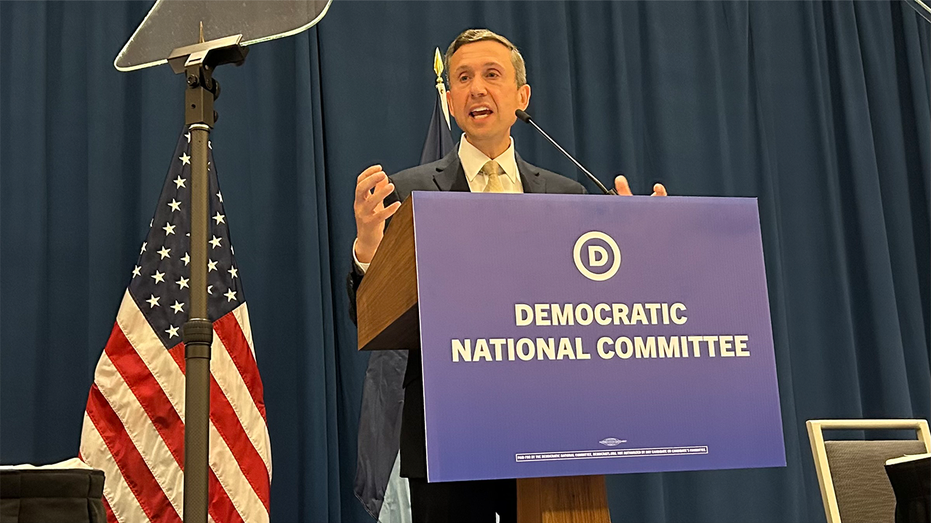A significant shift in economic strategy is unfolding as Rachel Reeves prepares to deliver her Budget, now expected to maintain current income tax rates for an additional two years. This marks a departure from earlier speculation suggesting a potential increase, a move that had ignited debate and raised questions about commitments made to voters.
Recent weeks saw mounting anticipation of a possible 2p rise in income tax, coupled with planned reductions in national insurance contributions for those earning under £50,000. The Chancellor had publicly alluded to the need for difficult decisions, emphasizing that collective effort would be crucial in stabilizing the nation’s finances. However, communications with the Office for Budget Responsibility signaled a change in direction.
Facing a substantial £30 billion gap in public finances, Reeves is now focusing on alternative revenue streams to achieve budgetary balance. While a rise in income tax is off the table, other measures are being actively considered, including potential levies on property and a novel “pay per mile” scheme for electric vehicles designed to offset declining fuel duty revenue.

The decision follows a period of internal political turbulence within the Labour party, including recent attempts to undermine the position of a key figure. This backdrop adds another layer of complexity to the Chancellor’s economic maneuvering, highlighting the delicate balance between fiscal responsibility and political stability.
Beyond the immediate income tax freeze, plans are also underway to extend the freeze on tax thresholds beyond 2028, a move projected to generate an additional £8 billion in revenue. The future of the “two child” cap on benefits remains uncertain, adding to the evolving nature of the Budget’s proposals.
The opposition has been quick to respond, with calls for more substantial tax cuts, including the abolition of stamp duty and guarantees against further taxes on businesses and pensions. The debate underscores the fundamental ideological differences shaping the economic landscape.

The Autumn Budget is scheduled for presentation on Wednesday, November 26, 2025. It promises to be a pivotal moment, revealing the full extent of the Chancellor’s revised plan and setting the stage for the nation’s economic trajectory in the years ahead.
The Chancellor’s initial statements about shared responsibility hinted at difficult choices, but the ultimate decision to forgo an income tax increase demonstrates a willingness to adapt and respond to evolving circumstances. The coming weeks will reveal the full scope of the alternative measures designed to secure the nation’s financial future.






